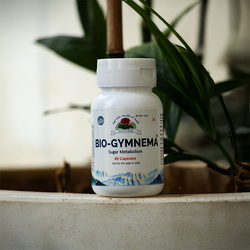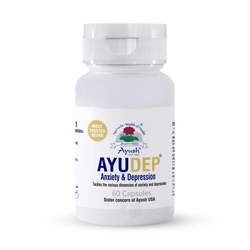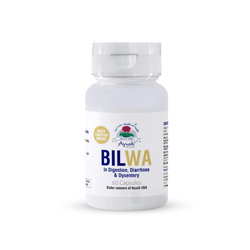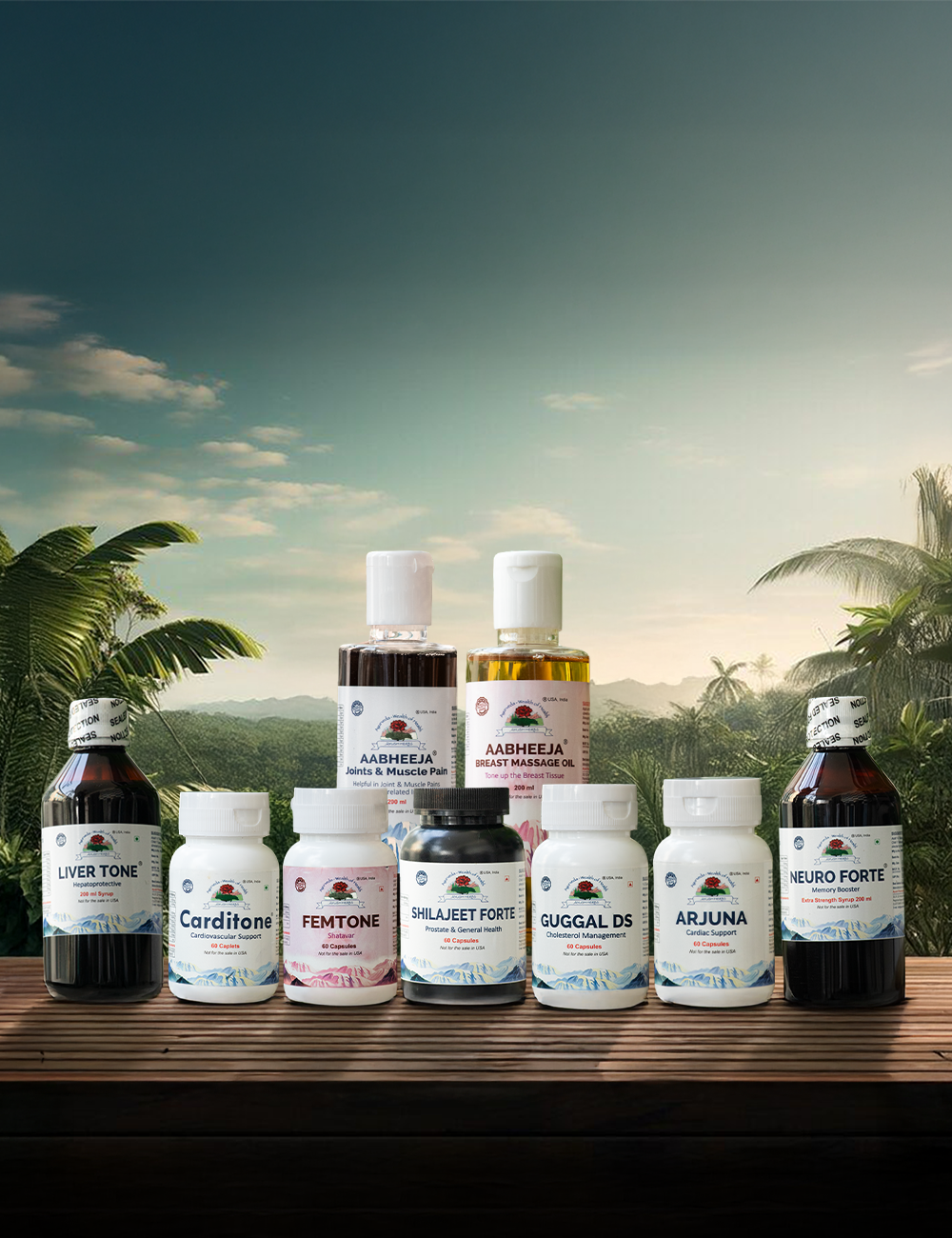DOSHAS AND THERE BALANCING DIETS
THREE DOSHAS AND FIVE ELEMENT FROM WHICH THEY AREW COMPOSED
- Favour warm, nourishing foods with added butter/oil favour salty, sour and sweet tastes.
- Try to avoid or reduce light, dry, cold foods and pungent, bitter and astringent tastes .
- Hot, milky, creamy cereals (wheat, oatmeal or rice), soups are all very good for pacifying Vata.
- All dairy products are good , but milk should always be boiled first.
- Oils are good but favour ghee, coconut oil, olive oil, flax/pumpkin oil and sesame oil.
- Reduce your intake of light, dry, cold foods such as crackers, nuts, seeds and salads.
- Reduce the intake of all bean products except tofu, mung beans, mung dhal and red lentils.
- The best grains are rice and wheat but you can take barley, corn, millet, buckwheat, rye and oats in moderation.
- Favour stewed and well ripened, sweet or sour fruits but reduce the intake of dry or light fruits such as apples, pears, pomegranates, cranberries, and dried fruits (if uncooked). Dried fruits are good if they are cooked after soaking overnight.
- Sweeteners are good (in moderation), especially jaggary, honey, maple syrup etc
- Vegetables should be cooked and not raw. Peas, green leafy vegetables, broccoli, cauliflower, celery, and potatoes are acceptable in moderate quantities if they are cooked, especially with Ghee or oil and Vata reducing spices but it is best to avoid sprouts and cabbage.
- Hot, nourishing desserts such as apple pie help pacify Vata.
- Eat a substantial breakfast to help improve energy levels throughout the day.
- Herbal teas (camomile, fennel, basil) with a few digestive biscuits are good for Vata energy slumps.
- Avoid stimulants such as coffee and alcohol.
- Sip hot water throughout the day to flush out impurities and balance Vata.
- Warm milk flavoured with ghee, cardamom, cinnamon and nutmeg is excellent before bed.
Pitta balancing diet
- Generally favour warm or cool and refreshing foods with the tastes of sweet, bitter and astringent such as; asparagus, lettuce, broccoli, cucumber, raita, mung dhal, summer squashes, courgettes, cilantro, coconut, cucumber, lime and green salads.
- Avoid very oily, salty, sour, fermented or pungent foods and spices such as chillies, alcohol, pickles, vinegar, hard or pungent cheeses, citrus fruits, sour cream, yoghurt, tomatoes, garlic, onions and chillies as they will aggravate the acid and pitta in the intestines and blood.
- Enjoy sweet, juicy seasonal fruits such as peaches, figs and berries.
- Avoid red meat and favour chicken or fish.
- Most vegetables, beans and lentils are good unless they are cooked with too much oil.
- Favors wheat, basmati rice, oats and barley and take corn, millet and rye in moderation.
- Drink cooling herbal teas such as peppermint, spearmint, rose, coriander or liquorice.
- Ghee is cooling and can be used for cooking and spreading on toast. Coconut oil can also be used for cooking .
- A nourishing breakfast to balance pitta could include cereal, toast and apple juice.
- Always avoid over-eating, especially in the evening.
- Favors warm to hot foods that are light and dry in quality. They should be cooked with minimal fat and water and be predominantly pungent, bitter and astringent in taste.
- Spicy Indian or Mexican food is good for Kapha as long as not too much oil is used in cooking.
- Avoid heavy, oily and cold foods and foods that have predominantly sweet, sour and salty tastes.
- Drink 1 liter of hot water with lemon and/or ginger daily. Have barley tea or post-digestive tea after main meals to cleanse the tissues, improve digestion, give energy and reduce hunger.
- Favors baked, grilled or sauted food in preference to boiled, deep-fried or steamed food.
- Occasional have small side salads and raw foods to help tone the digestive tract.
- Avoid fried foods and cold cereals at breakfast stewed fruit or toast with honey is much better.
- Favour barley, buckwheat, amaranth, corn, millet and rye and limit oats, rice and wheat. Dry roasting grains in ghee before cooking helps make them lighter on the digestion.
- Increase your intake of vegetables but exclude mashed potatoes, turnips and parsnips.
- Lighter fruits, such as apples and pears are better for Kapha. Reduce heavy or sour fruits, such as oranges, bananas, pineapples, figs, dates, avocados, coconuts and melons.
- Honey is excellent for reducing Kapha but generally reduce other sugar products.
- Spices are all fine but reduce salt as it helps retain water and increases Kapha.
- Limit your intake of milk, butter, ice-cream, biscuits, cakes, chocolate, deep-fried food, white sugar, aspartame, tinned beans, fizzy drinks, yeasted bread, confectionary, sweet fruits, red meat, potatoes, hard or aged cheeses, salt and alcohol.
- Avoid low-fat products as these are highly processed and usually high in sugar.
- Have rice cakes, rye bread, chapattis and corn bread rather then yeast-risen bread.
- Pumpkin and sunflower seeds, almonds and walnuts are good but they should be lightly roasted and then ground before eating.
- Most beans are good as long as they are well cooked.





